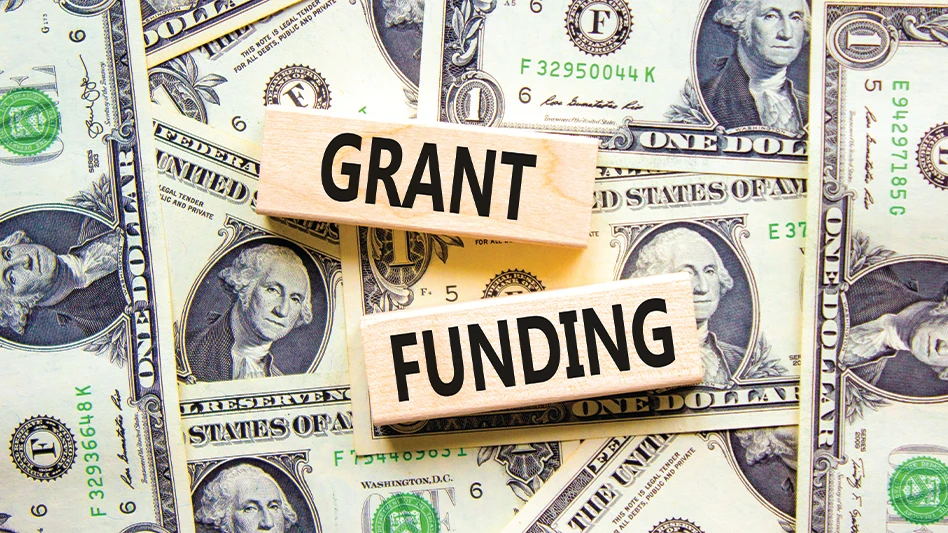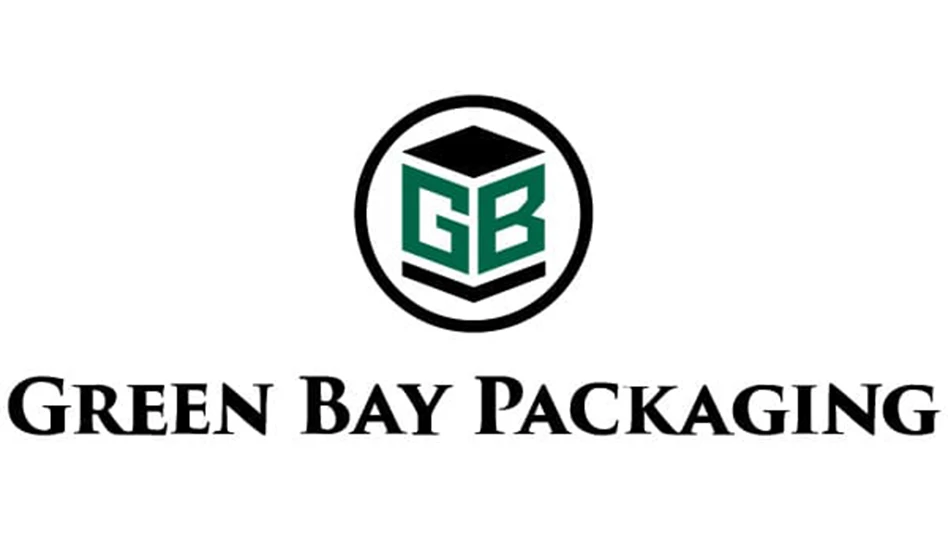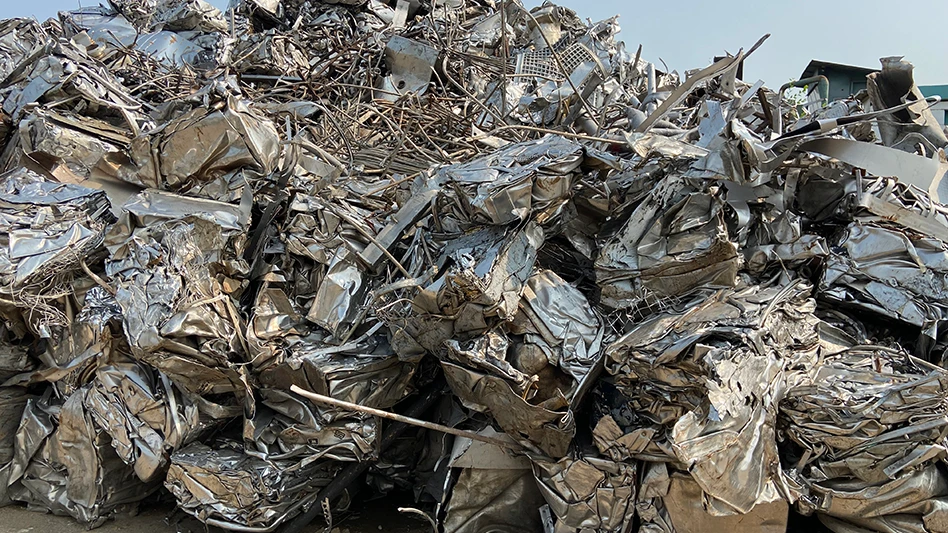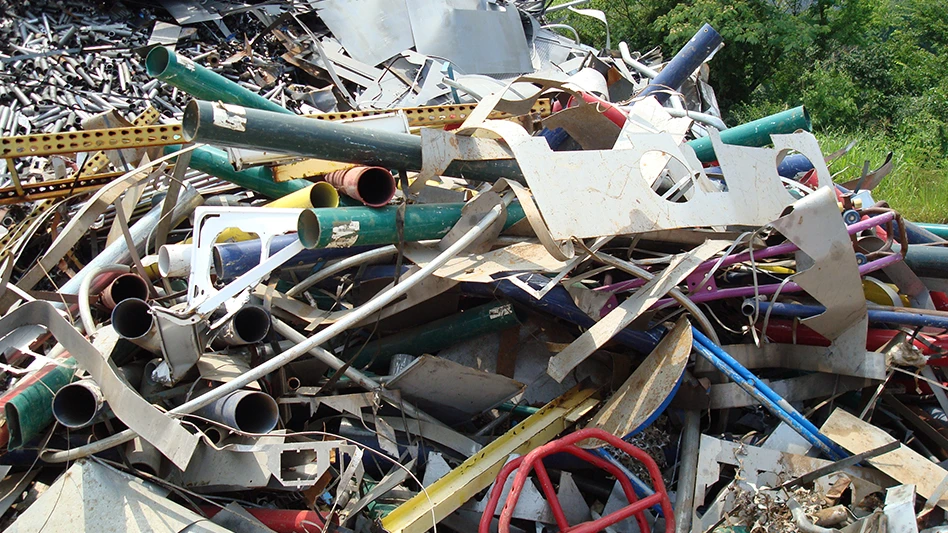
Bureau of International Recycling (BIR) Director General Arnaud Brunet has addressed a letter to the World Trade Organization July 20, 2017, via the European Commission to request an extension of the deadline for comments related to China’s intent to ban the import of mixed paper, “most scrap plastics” and metal slags and drosses by the end of 2017. Brunet says the extension is needed so all stakeholders are given the opportunity to put forward their concerns.
The letter, which was sent to the EU Commission’s DG GROW (Directorate General for Internal Market, Industry, Entrepreneurship and SMEs), states:
“BIR has been made aware that China has notified on 18 July 2017 the WTO of its intent to ban the import of certain scrap materials by year-end (Notification G/TBT/N/CHN/1211). BIR, representing the interests of the recycling Industry at a global level, is respectfully presenting its comments about this notification to the WTO and the government of the People’s Republic of China. As a preliminary comment, BIR would like to stress that the 48-hour deadline for commenting the notification is extremely short as compared to the usual 60-day period. As a
BIR also points out the serious impact such a ban would have on the global recycling industry as well as on Chinese domestic production relying on recycled materials. Via its communication to WTO, BIR calls upon the Chinese government to reconsider its ban policies and offers to further discuss ways of ensuring high quality standards without adversely affecting the global recycling industry and the Chinese economy.
The letter concludes with the suggestion that BIR closely work with WTO and its working committees to promote free and fair trade globally.
Earlier the same week, Brunet said of the import ban, “International scrap trade flows to China amount to tens of billions of U.S. dollars’ worth of goods that are needed by domestic Chinese industry for production.” Added Brunet, “In the last 25 years, [these materials] supported China in its economic development and growth and met its manufacturing needs for secondary raw materials.”
In 2016, China imported 7.3 million tons of plastic scrap, mainly coming from Europe, Japan and the United States, says the BIR. Those same regions also are “the main sources of scrap paper going to China each year,” adds the organization, of which 25 to 30 percent was mixed paper. “A ban may result in a large amount of mixed paper scrap [ending] up out of the circular economy stream,” remarks BIR.
Get curated news on YOUR industry.
Enter your email to receive our newsletters.
Latest from Recycling Today
- ReMA lobbies for shredder wear parts tariff exclusion
- Dow, Gruppo Fiori develop recycling pathway for automotive polyurethane foam
- Ascend produces recycled lithium carbonate from used LIBs
- RecycLiCo acquires building to serve as corporate HQ, operational hub
- EZVIZ partners with Plastic Bank
- Radius, under new ownership, replaces CEO
- SMS in Illinois sells assets to equity investor
- Mayr-Melnhof reports earnings growth so far in 2025






